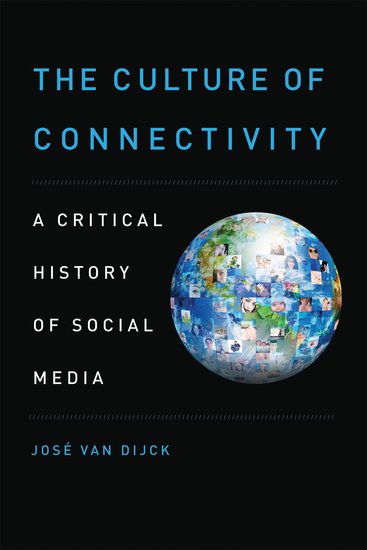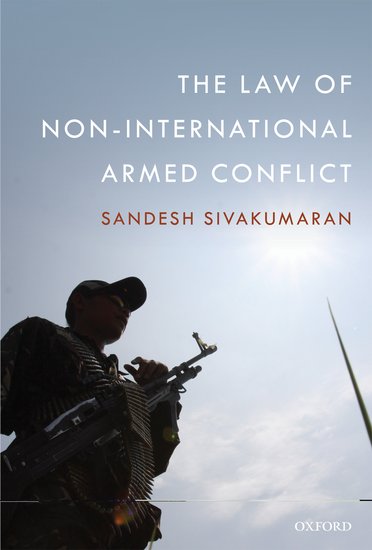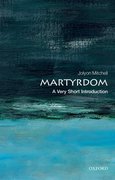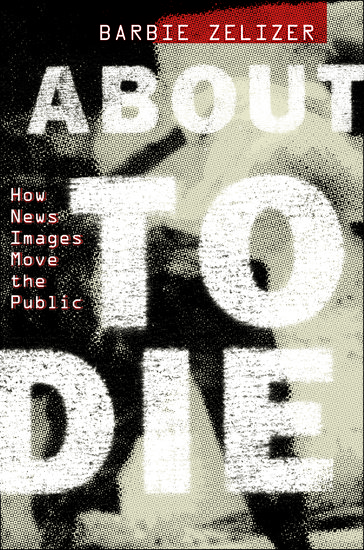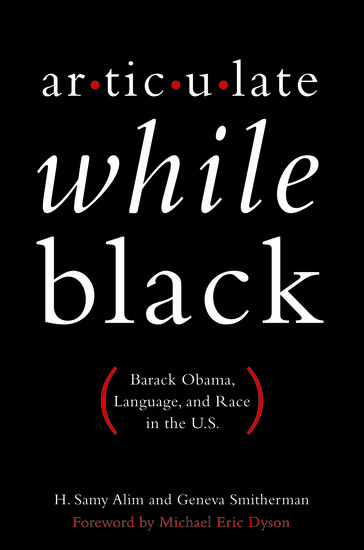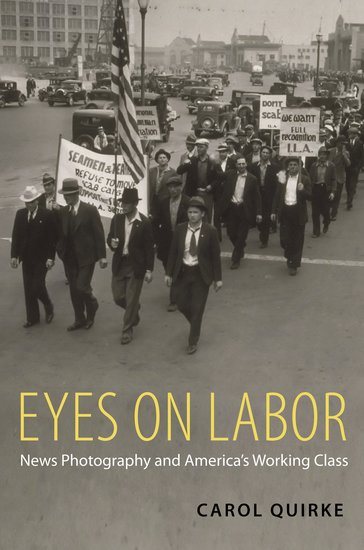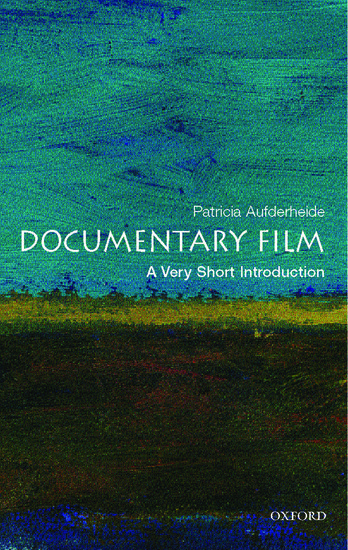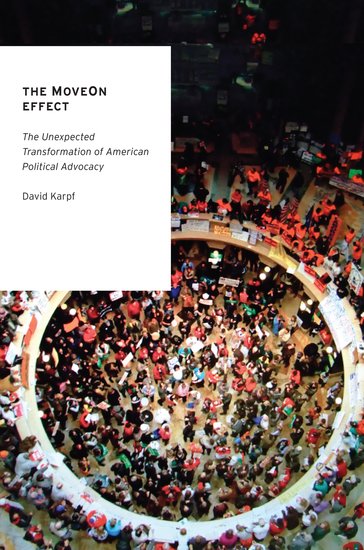A day in the life of a London marathon runner
By Daniel ‘pump those knees’ Parker and Debbie ‘fists of fury’ Sims
Pull on your lycra, tie up your shoelaces, pin your number on your vest, and join us as we run the Virgin London Marathon in blog form. While police and security have been stepping up after Boston, we have been trawling Oxford University Press’s online resources in order to bring you 26 miles and 375 yards of marathon goodness. Get ready to take your place on the starting line.


